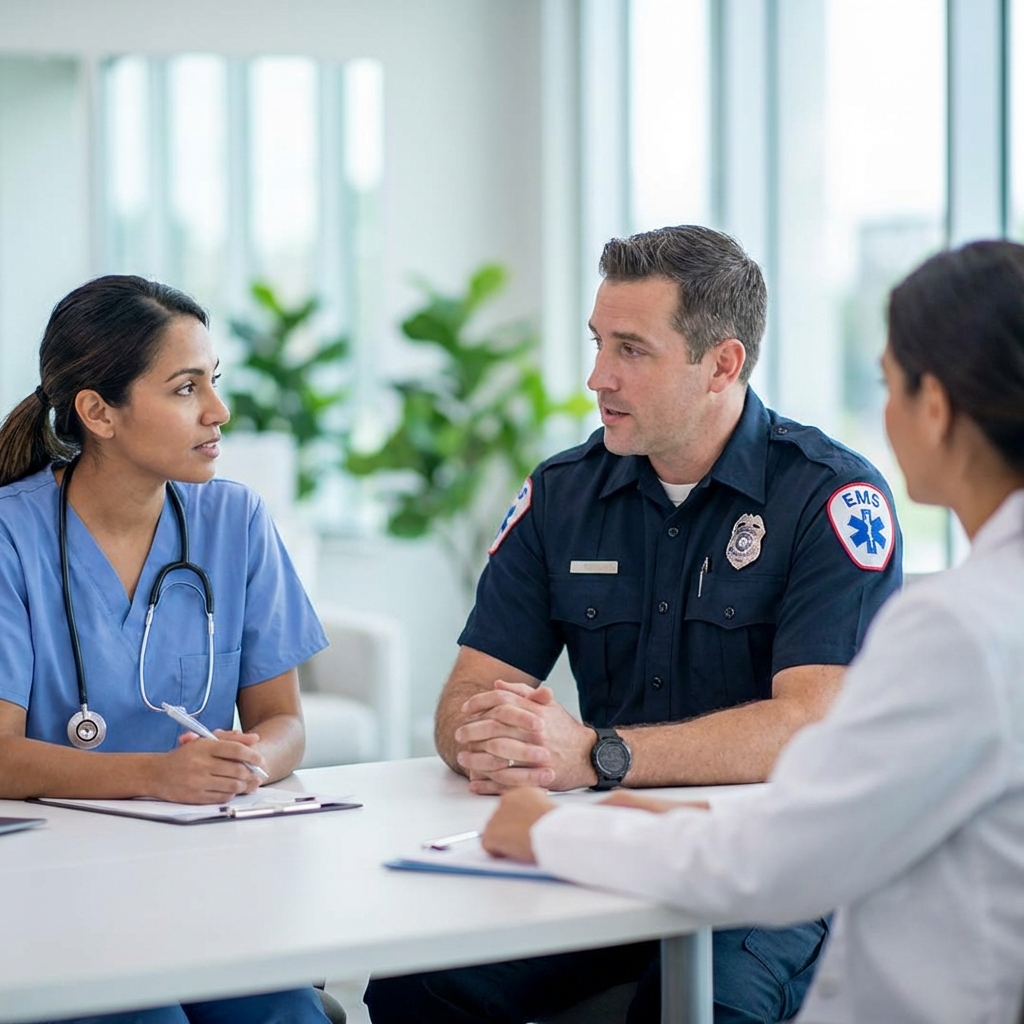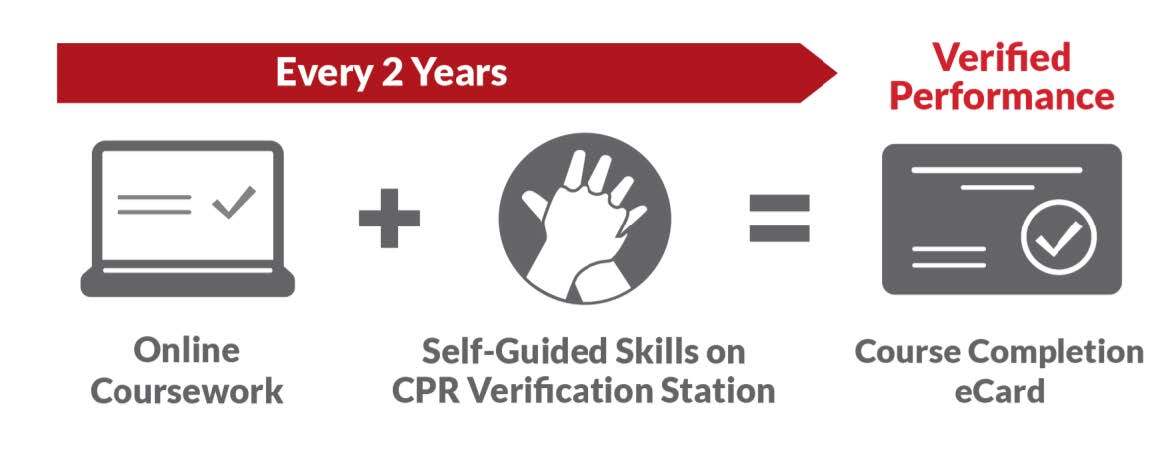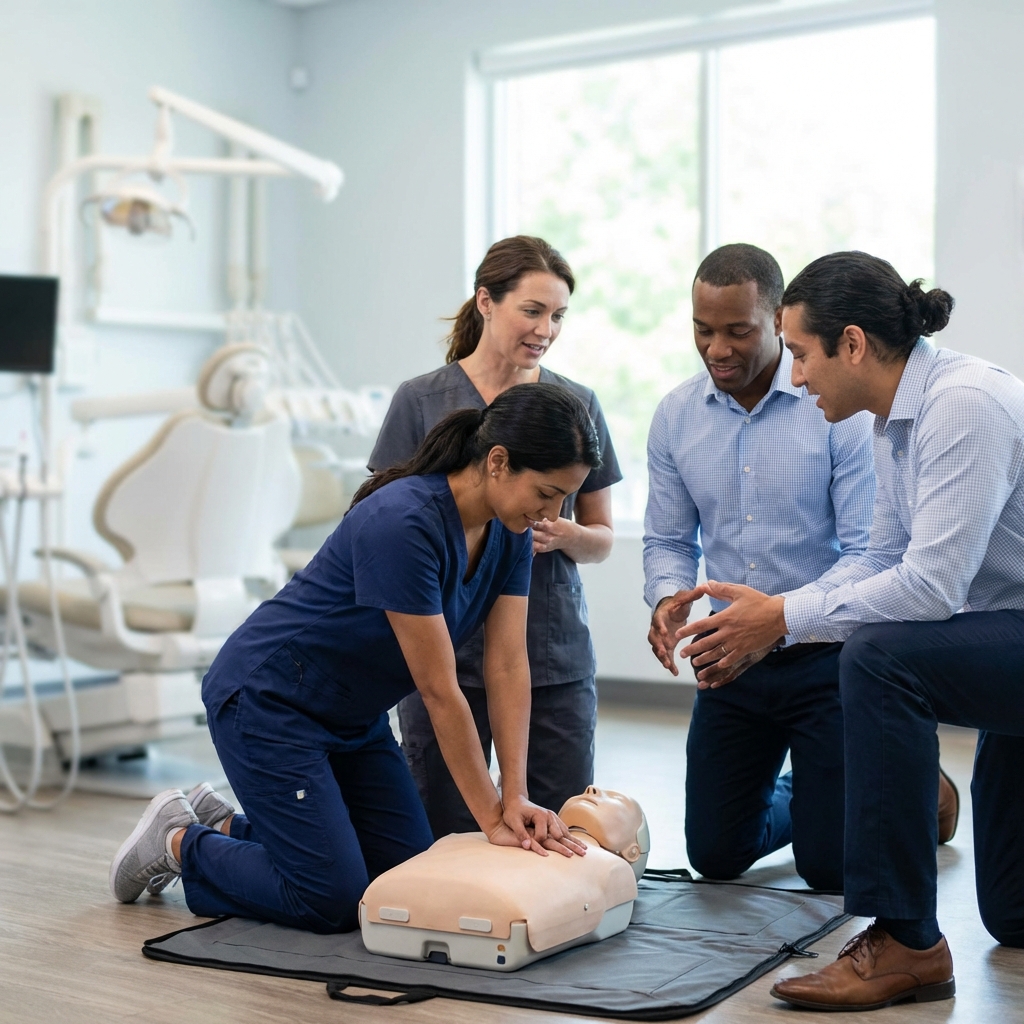In today’s digital age, education and certification courses have significantly shifted online. From university degrees to technical training, countless programs are now accessible from the comfort of one’s home. Among these, online CPR classes have gained notable traction. But are these classes truly legitimate? More importantly, are they recognized and accepted by employers?
If you’re considering online CPR certification—whether for workplace requirements, personal development, or community involvement—understanding its validity and acceptance is essential. Let’s break down everything you need to know.
Understanding CPR Certification
Cardiopulmonary resuscitation (CPR) is a life-saving technique used during cardiac or respiratory arrest. It involves chest compressions and rescue breathing to maintain circulation and oxygen flow in the body until professional help arrives. Many industries—including healthcare, education, childcare, and public service—require employees to be certified in CPR.
CPR certification is often combined with training in AED (automated external defibrillator) use and may be part of broader certifications like BLS (Basic Life Support), ACLS (Advanced Cardiovascular Life Support), or PALS (Pediatric Advanced Life Support), depending on the professional setting.
What Are Online CPR Classes?
Online CPR classes are structured educational programs delivered via the Internet. They allow individuals to learn CPR techniques, watch instructional videos, and complete written exams on their own schedule. Depending on the provider, these classes can vary in format and credibility.
Some programs are fully online, offering theory-based instruction and even a digital certificate upon completion. Others use a blended learning model, where the theoretical portion is done online and the hands-on practical assessment is completed in person with a certified instructor.
Are Online CPR Classes Legitimate?
The answer depends on the certifying organization and the structure of the class. Reputable online CPR courses are typically offered or endorsed by recognized organizations such as:
- American Heart Association (AHA)
- American Red Cross
- National Safety Council
Courses from these institutions follow evidence-based guidelines, are updated regularly to reflect current best practices, and include practical assessment either in-person or via a blended model. The key legitimacy factor is whether the program includes hands-on skills evaluation.
Beware of “too good to be true” offers from unknown providers offering instant certification without any skills check. Many of these are not accepted by employers, especially in healthcare or education.
Do Employers Accept Online CPR Certification?
This is a critical question, especially for professionals in fields like nursing, EMT services, physical therapy, childcare, and fitness instruction.
1. Healthcare and Medical Professions
In clinical environments, employers typically require CPR, BLS, ACLS, or PALS certification from the American Heart Association (AHA). While some theoretical coursework can be completed online, hands-on practice and skills testing must be verified in person to meet compliance.
Employers like hospitals, clinics, and ambulatory centers expect certificates to include a record of practical assessment and often require verification of the instructor’s credentials and training center authorization.
2. Education and Childcare
Many states mandate CPR certification for teachers, daycare workers, and foster parents. These requirements often specify certifications that include practical skill evaluation, which again points to a blended model over fully online courses.
3. Corporate and Industrial Workplaces
For employees in non-medical fields where CPR training is a safety requirement (e.g., manufacturing, construction, and office safety roles), online classes may be accepted, especially if they’re OSHA-compliant and provided by a recognized organization.
However, employers usually favor programs that verify both cognitive and psychomotor skills.
Benefits of Online CPR Classes
While in-person training is the gold standard, online CPR classes offer distinct advantages, especially when they’re part of a blended learning model.
1. Flexibility and Convenience
One of the most significant advantages is flexibility. Online CPR classes allow individuals to complete the coursework at their own pace, making it easier to fit training into a busy schedule. This is especially helpful for working professionals, students, and parents.
2. Accessibility
With over 65 training locations and availability even on weekends, Safety Training Seminars makes it easier than ever to find a nearby skills check appointment that fits your routine. This accessibility is critical for timely certification and renewal.
3. Lower Costs
Online classes can be more budget-friendly than traditional in-person sessions. Safety Training Seminars proudly offers a low-price guarantee, making essential training accessible without sacrificing quality.
4. Updated, Evidence-Based Content
Reputable online CPR classes often include interactive modules, high-definition videos, and quizzes that reflect the latest guidelines from organizations like the American Heart Association, ensuring learners are receiving the most up-to-date knowledge.
The Importance of Hands-On Skills Practice
Even the most well-designed online course cannot replace the tactile learning experience of performing chest compressions on a mannequin or operating an AED. That’s why employers, especially in regulated industries, insist on in-person skills checks.
These sessions reinforce proper technique and ensure the learner can respond confidently in real emergencies. These are often mandated by OSHA or state licensing boards.
This is where Safety Training Seminars stands out—offering blended courses that combine online convenience with in-person evaluation, available every day of the week.
What to Look For in a Legitimate Online CPR Course
Not all CPR courses are created equal. Before enrolling, consider the following criteria:
✅ Certification by a Recognized Organization
Ensure the course is backed by the American Heart Association, the Red Cross, or equivalent.
✅ Blended Learning Availability
Look for programs that allow online coursework followed by a mandatory in-person skills check.
✅ Employer Acceptance Guarantee
Choose providers who clearly state that their certifications are employer-accepted.
✅ Transparent Pricing
Avoid hidden fees and seek courses with clear pricing structures and refund policies. Safety Training Seminars offers a low-price guarantee—what you see is what you get.
✅ Support and Scheduling
Is there an easy way to book your skills check? Can you reach customer support if you have questions? Providers with robust support systems tend to deliver a better learning experience.
American Heart Association CPR Courses: The Gold Standard
Courses offered under the American Heart Association umbrella carry significant weight with employers. These include:
- CPR/AED for the Lay Rescuer: Ideal for teachers, coaches, parents, and the general public.
- BLS (Basic Life Support): Required for nurses, EMTs, and medical professionals.
- ACLS (Advanced Cardiovascular Life Support): Geared toward hospital staff and advanced care providers.
- PALS (Pediatric Advanced Life Support): Designed for pediatricians, ER staff, and those who work with children.
Safety Training Seminars provides certified AHA training in all these disciplines, ensuring your credentials are recognized across the U.S., especially in California workplaces.
Are Online CPR Classes Worth It?
Absolutely—if you choose the right provider.
Legitimate online CPR classes, especially those that incorporate hands-on evaluation, provide a practical, affordable, and accessible path to certification. When structured correctly, they are widely accepted in many industries and meet employer compliance standards.
That said, it’s essential to avoid programs that cut corners or promise instant certification without demonstrating your practical abilities.
Final Thoughts
Online CPR classes have revolutionized how individuals earn and renew their life-saving certifications. By allowing learners to complete coursework at their own pace and offering convenient scheduling options for hands-on evaluations, these programs meet modern demands without compromising quality.
But legitimacy is key. The safest and most respected option remains a blended learning program endorsed by a nationally recognized body like the American Heart Association.
Train with the Best at Safety Training Seminars
If you’re ready to earn or renew your CPR certification through a trusted, woman-owned business proudly serving Northern California, look no further than Safety Training Seminars.
With over 65 convenient locations, courses offered seven days a week, and an unbeatable low-price guarantee, we make CPR, BLS, ACLS, and PALS training easy, flexible, and affordable.
Whether you’re a healthcare worker, teacher, parent, or concerned citizen, our American Heart Association-certified classes ensure you’ll walk away confident and employer-ready.
Don’t wait—your training could save a life.
Contact us today to book your online CPR class with an in-person skills check.









